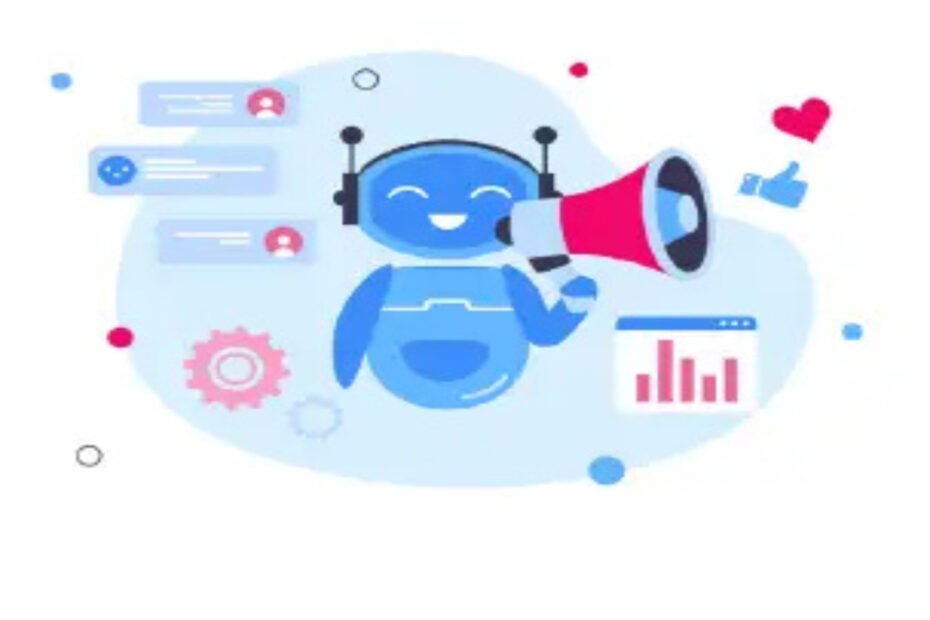In the world of contemporary marketing, the adoption of advanced technology has been a notable differentiator in corporate strategies.
One such technological innovation is the use of Artificial Intelligence (AI) humanizers, which are redefining the ways in which brands interact with their consumers.
This article explores how these advances are being applied in marketing, providing a modern and effective approach to engaging audiences in a more human and personalized way.
What is an AI humanizer and how does it work?
AI humanizers are artificial intelligence-based systems designed to make interactions between machines and humans more natural and human-like.
These tools use technologies such as natural language processing (NLP), machine learning, and sentiment analysis to understand, interpret, and respond to human language in a way that resembles human behavior.
By implementing these systems in marketing platforms, companies can offer personalized and adaptive responses in real time, which not only address users’ needs and questions but also reflect emotions and cultural nuances.
For example, a humanized chatbot can interpret customer queries and provide responses that not only solve problems but also engage the customer in a friendly and understanding manner.
Benefits of using AI humanizers in digital marketing
The implementation of AI humanizers in digital marketing brings a number of significant advantages. First, it improves the user experience, making interactions more fluid and enjoyable. This can increase customer satisfaction and, in turn, brand loyalty.
In addition, the efficiency in handling large volumes of customer interactions without the need for human escalation means that companies can save on labor costs while maintaining or improving service quality.
Another important advantage is the ability to collect and analyze data on a large scale. AI humanizers can quickly process and analyze large amounts of interactions, providing valuable insights into consumer preferences and behaviors.
This information can be used to refine marketing strategies, develop products more aligned with customer expectations, and create more effective and targeted advertising campaigns.
Effective strategies for integrating AI humanizers into marketing campaigns
To successfully integrate AI humanizers into marketing campaigns, it is essential to start with a clear understanding of the company’s goals and consumer expectations.
From there, you can choose the AI tools that are best suited to the purpose and target audience. For example, while some brands may benefit from chatbots for customer service, others may find greater value in AI assistants for content personalization.
A key strategy is the continuous integration of user feedback to optimize AI algorithms. This not only improves the accuracy of AI humanizers’ responses, but also helps tailor marketing approaches to better meet changing customer expectations and needs.
Furthermore, it is critical to ensure that all AI-generated interactions remain aligned with the brand’s voice and values, maintaining a consistent and reliable user experience.
Success stories: Companies that have transformed their marketing with AI
Leading companies in various industries have demonstrated how the effective use of AI humanizers can revolutionize marketing strategies.
One such company is Netflix, which uses AI algorithms to personalize movie and show recommendations based on each user’s individual preferences, significantly improving the customer experience and increasing engagement rates.
Another example is Amazon, with its famous virtual assistant Alexa. Alexa’s ability to understand and process natural language, coupled with its integration into an ecosystem of services and products, allows Amazon to offer an exceptionally convenient and personalized shopping experience, setting a new standard in customer-company interaction via AI.
Conclusion: Preparing for the future of marketing with AI
As technology advances, the use of AI humanizers in marketing will only grow and become more sophisticated.
Companies that want to remain competitive in this rapidly changing environment need to consider how to integrate these technologies into their marketing strategies.
By doing so, they not only improve the efficiency and effectiveness of their campaigns, but also create richer and more engaging experiences that can build long-term customer loyalty. The future of AI marketing promises even greater revolutions in how brands communicate and interact with their audiences, making this an exciting area for continued innovation.

